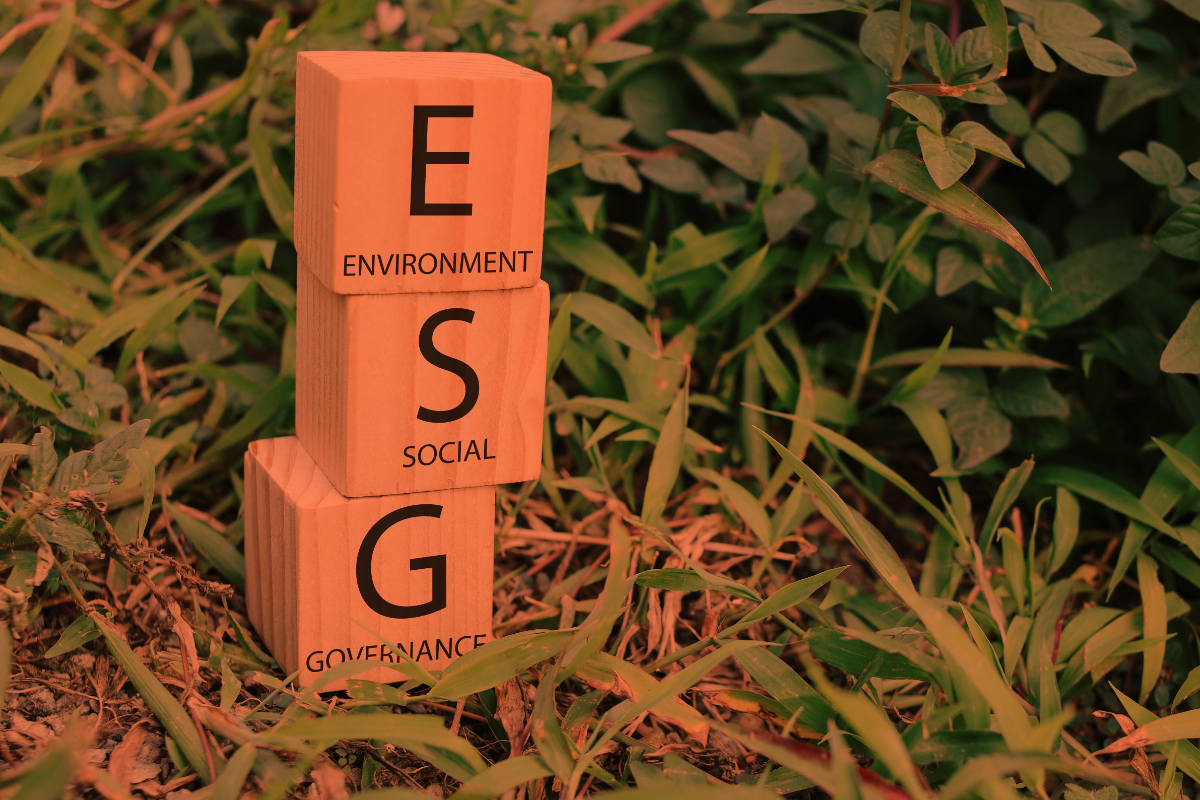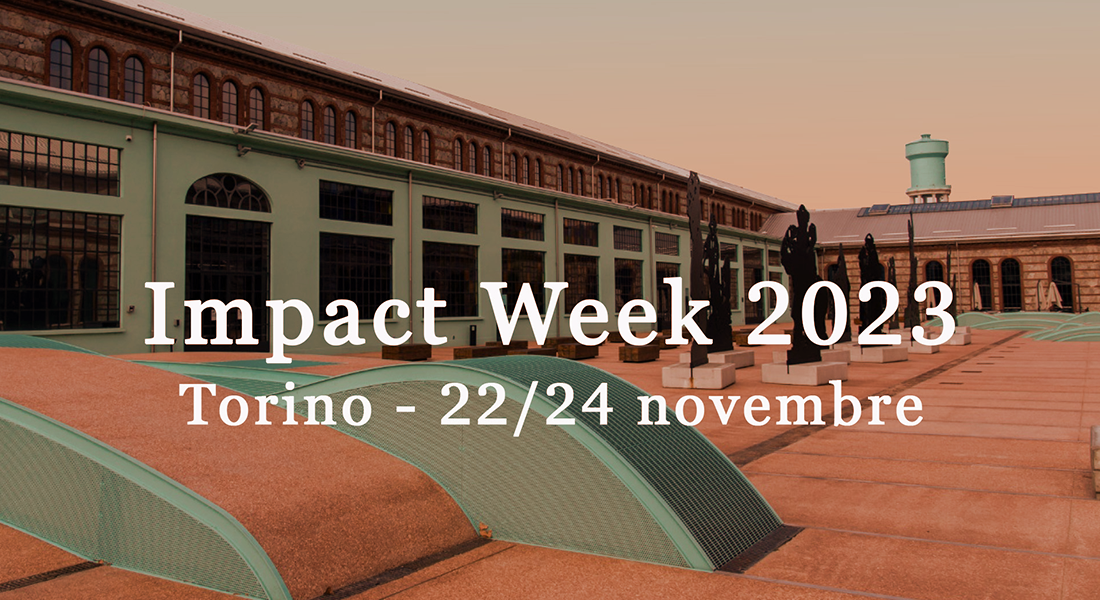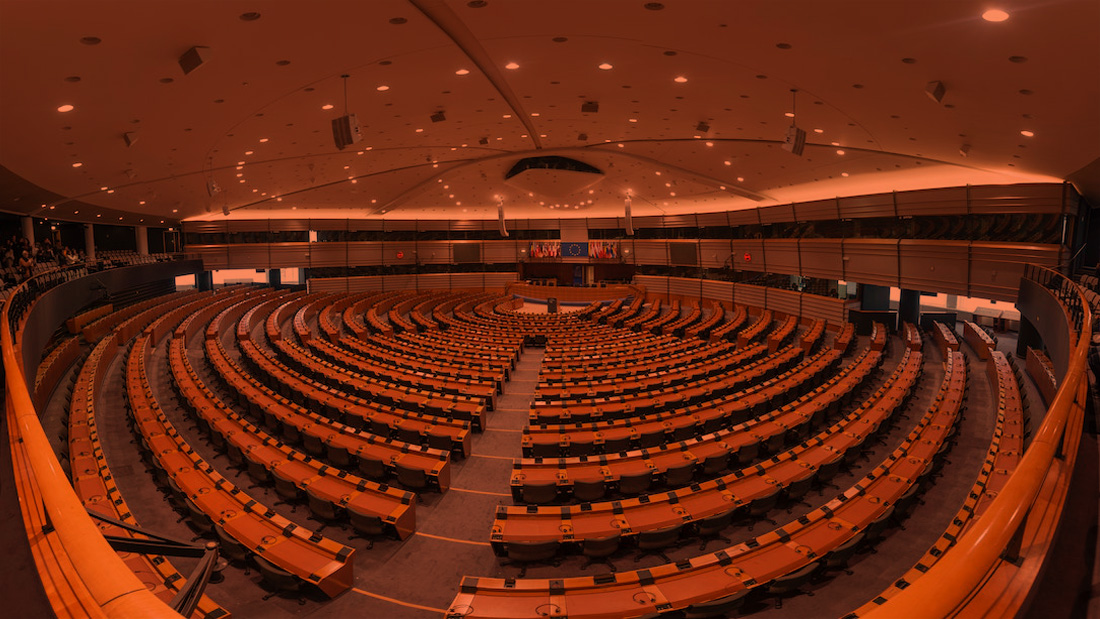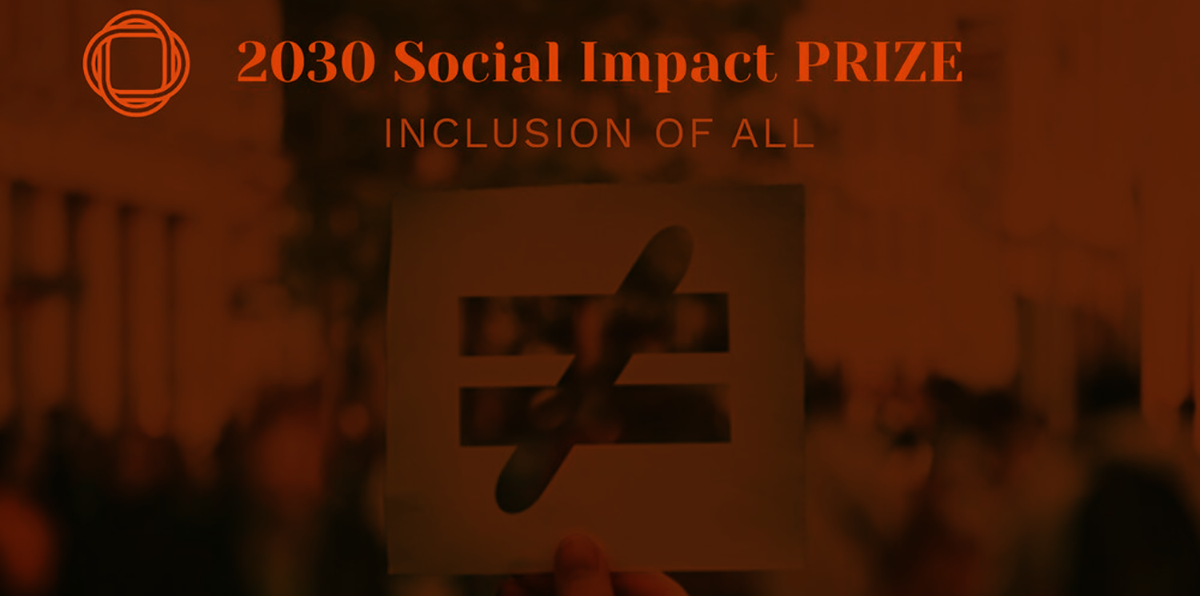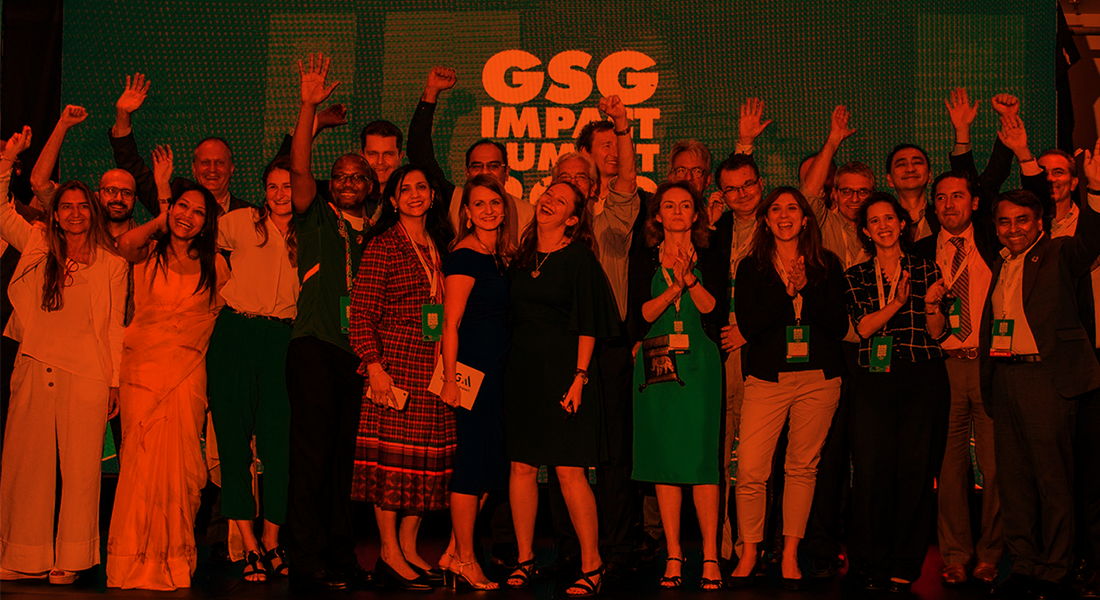Socially responsible public procurement (SRPP) is a policy approach that can be leveraged by public actors in order to promote social impact, for example fostering employment opportunities, enhancing decent work, gender equality and non-discrimination, social inclusion, etc
By taking on a responsible approach to public purchasing, actors can play a significant role in delivering social outcomes; public buyers are major investors in Europe, spending currently over 14% of the EU’s gross domestic product. In order to raise public buyers’ awareness and promote SRPP among public actors, the Commission published a guide on the subject, addressing the benefits of SRPP, explaining the opportunities offered by the EU legal framework and collecting and analyzing responsible public procurement practices around Europe.
The report addresses how social considerations can be introduced throughout the procurement process (not only during tender procedures), introducing the European legal framework and linking different procurement phases to relevant European Directives while including European experiences of public purchase procedures pertaining to different topics/issues. This analysis of SRPP practices reports the procurement objectives, the approach but also the results achieved and lessons learned. By highlighting the insights drawn from practices implemented by different actors, this guide appears as a useful tool for public buyers willing to experiment on SRPP.
Following the opening chapter (explaining the concept, benefit, objectives of SRPP) the guide unfolds useful elements that can support public actors adopting this responsible approach, for example addressing the importance of an organisational strategy for buying social and related actions such as setting responsible public procurement’s goals, stakeholder consultation, assessing risks and impacts, etc.
As mentioned, the guide includes different SRPP practices from around Europe. Among these practices the case of Söderhamn (Sweden) appears interesting since the objectives of its public procurement were both to promote social inclusion and foster social economy. Following a formal proposal of its town council, the City of Söderhamn started a process to investigate the opportunities to designate at least two procurements to take into account social criteria and focus on supporting social inclusion and social enterprises.
For further information you can access the english guide here.
Archivio:

